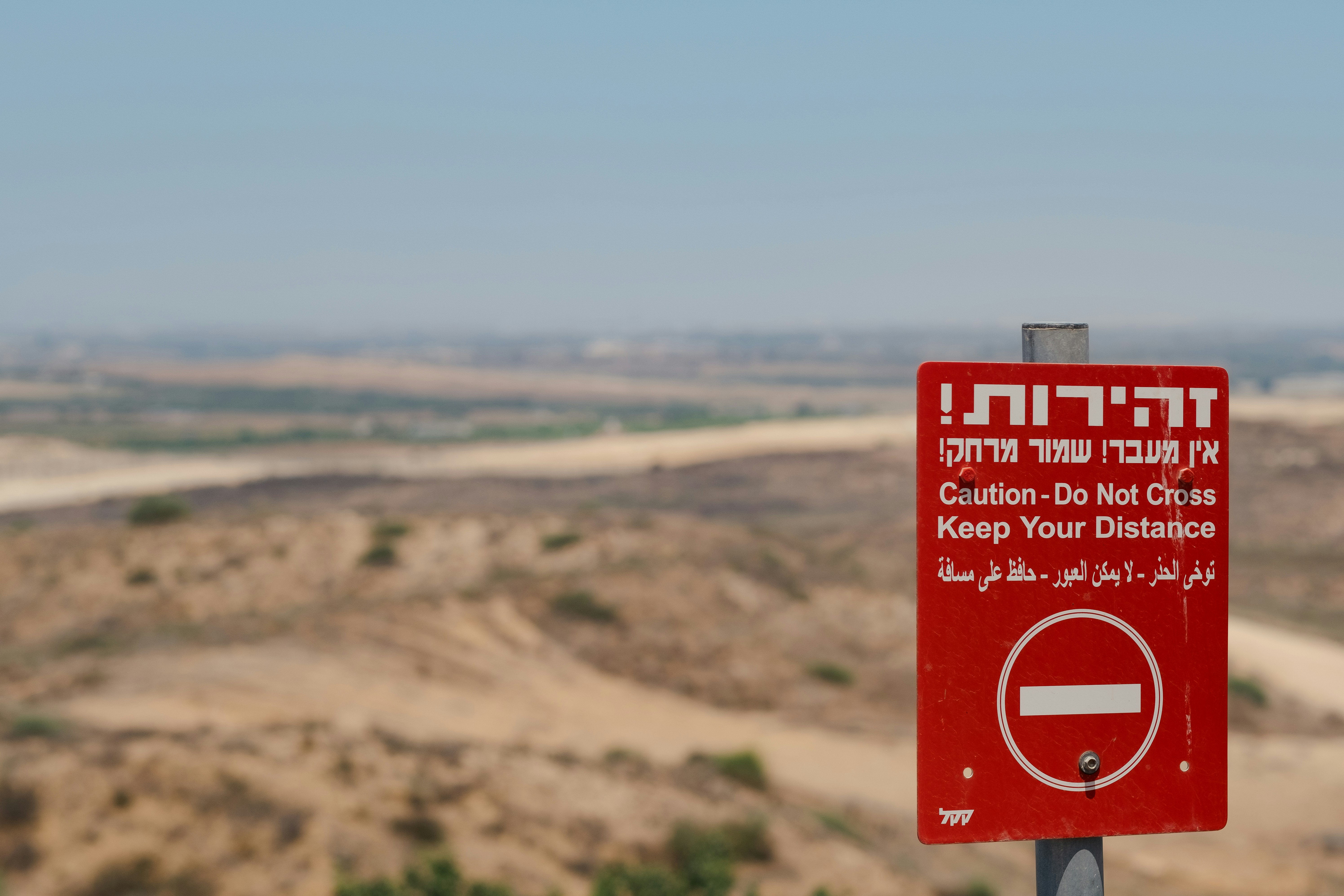While Hamas weighs a Qatari- and Egyptian-mediated ceasefire, Israel is making a different calculation—one rooted not in tactical give-and-take, but in long-term strategic signaling. That contrast matters more than the 60-day timeline on the table. Because in this moment, Israel’s war cabinet isn’t just rejecting diplomacy—it’s amplifying an existential framework for the war, one that doesn’t reward transactional bargaining, but rather seeks irreversible outcome. This isn’t how peace processes begin. It’s how states attempt to reclaim deterrence.
What’s striking isn’t that Hamas and Israel are still far apart on terms—it’s that they’re engaged in different games entirely.
Hamas is treating negotiations like a national survival exercise. The group’s careful wording—“conducting national consultations” and “aiming to reach an agreement”—signals both internal pressure and a strategic interest in delay, especially with regional mediators in play. The new truce proposal reportedly offers a predictable exchange: half the living hostages for a temporary pause and some prisoner releases. That’s classic pressure alleviation strategy: show responsiveness, gain aid access, and preserve leverage.
Israel, by contrast, has shifted into maximalist language. Prime Minister Netanyahu’s vow to “eliminate Hamas down to their very foundation” is not a negotiating posture. It’s a reframing of the conflict itself. And when a state leader speaks in absolutes, it’s not for negotiation tables—it’s for legacy, domestic unity, and regional posture. What emerges is a structural divergence. One side still sees room for transaction. The other is posturing toward eradication. The midpoint doesn’t exist.
Netanyahu’s rhetoric is also calibrated for audiences far beyond Gaza. With Trump signaling that Israel has tentatively backed a 60-day ceasefire—and meetings scheduled in Washington next week—Netanyahu’s refusal to endorse those reports publicly suggests a deliberate divergence. This is not about denying the report. It’s about keeping leverage open and optics aligned to Israeli domestic sentiment, where there is little public appetite for compromise without full hostage recovery.
Meanwhile, Foreign Minister Gideon Saar’s “positive signs” remark suggests a split within Israel’s own leadership—between a negotiating posture and a war-winning narrative. The Israeli public may want hostages back, but it’s the political leadership that must navigate between operational realism and political perception. By allowing mixed messages, the Israeli government preserves optionality. It reassures international partners of flexibility while continuing to project force to its own population. This is narrative management as strategic buffer.
On the ground, the results are devastating. Israeli airstrikes in supposed “safe zones” like Al-Mawasi continue to kill displaced civilians, while Gaza’s health infrastructure—exemplified by the loss of the Indonesian Hospital’s director—is collapsing under pressure. The humanitarian catastrophe is not collateral damage—it’s becoming a theater of reputational warfare.
Each civilian fatality in a declared safe zone raises the reputational cost for Israel’s military strategy. Yet from a strategic standpoint, the Israeli Defense Forces continue to frame their actions as legal under international law—highlighting “feasible precautions” and counter-fire against Hamas launch sites. That language matters in global forums. But it doesn’t counteract the visual narrative being shared across regional and international media.
For Hamas, every strike is an opportunity to amplify victimhood and reframe the conflict as asymmetrical aggression. That’s part of their strategic calculus too.
This isn’t a truce negotiation with a realistic path to peace. It’s a collision of incompatible narratives: one rooted in annihilation, the other in survivability. That strategic divergence won’t collapse into compromise anytime soon. But what matters now is what regional actors read from these moves.
Qatar and Egypt continue to play intermediary roles not because they expect immediate results—but because the act of mediation itself buys relevance and future influence. The United States, facing an election year, seeks visible “progress” to keep the conflict from destabilizing regional partnerships. Meanwhile, Israel seeks to project unshaken resolve even as internal pressure mounts for a hostage resolution. The divergence isn’t just between Hamas and Israel. It’s between tactical negotiation and grand strategy.
This isn’t peace-building. It’s narrative shaping. The 60-day ceasefire proposal might exist on paper, but Israel’s real focus is deterrence restoration. And that means every diplomatic move will be filtered through the lens of elimination, not negotiation. In this strategic landscape, truce talk isn’t about timing—it’s about who controls the terms of survival. And right now, Israel isn’t negotiating. It’s declaring.















.jpg&w=3840&q=75)